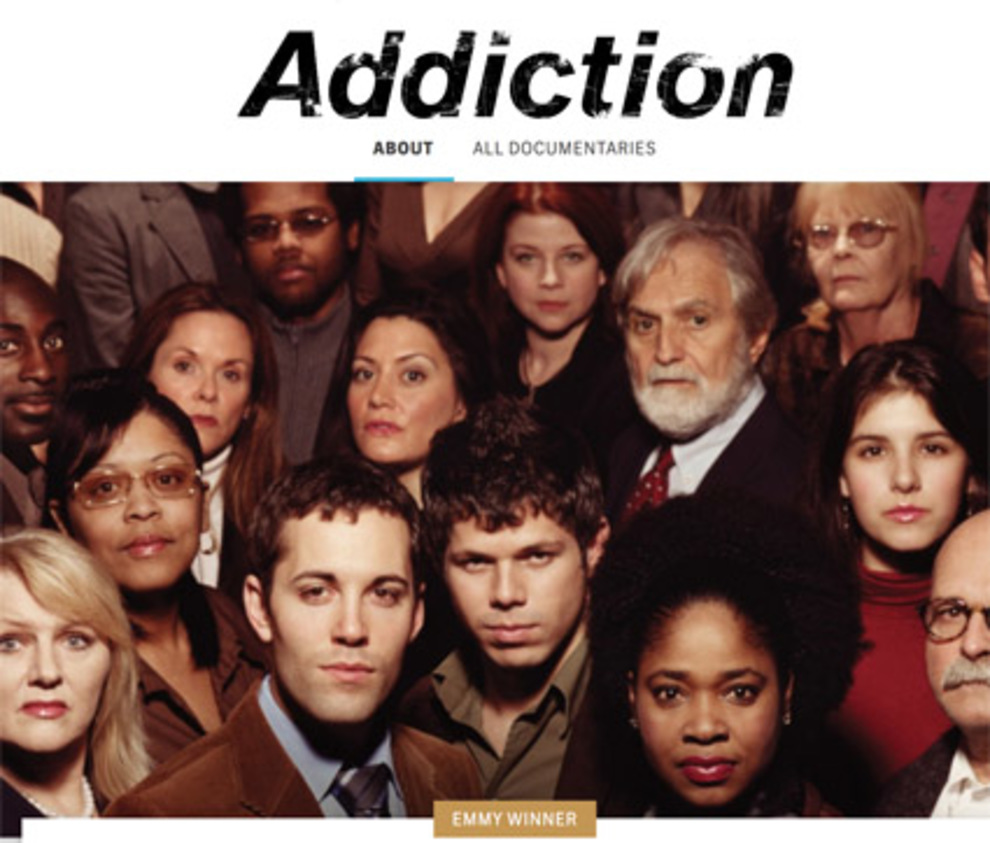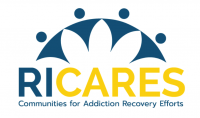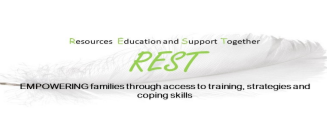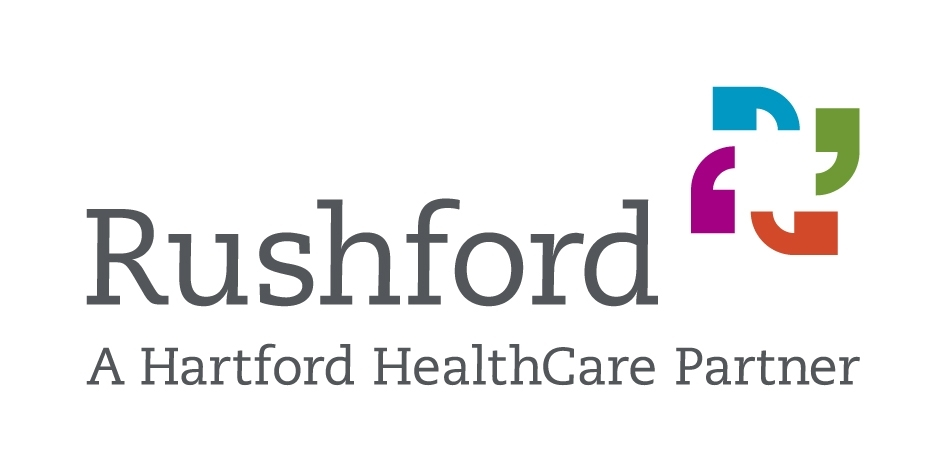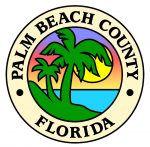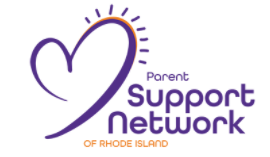A Chink in the Armor of their Denial is DAY ONE of the Healing and Recovery Process

In this blog post, Dr. Dominique Simon-Levine helps us understand how denial functions in addiction. Once you have a better understanding of denial’s role, she teaches you a few skills from the CRAFT* approach taught by Allies. CRAFT helps you learn to identify key moments to reach out and help get your loved one on the road to recovery. In a video snippet from one of the Allies in Recovery Training Modules, you’ll learn about recognizing when your addicted loved one expresses a “wish” or a “dip,” – that chink in the armor of denial — and what to do when you identify one.
What does it mean to be in denial? What if every time you see your loved one try some way to control their use, what you are seeing is a chink in the armor of their denial?
What if it’s only momentary, a small blip of acceptance – perhaps just enough for that first day of low or no use?
You never get to day two in recovery without passing through day one.
Understanding what denial is and how it functions in addiction is one key to opening the door of recovery. If you’ve ever weighed the pros or cons of stopping a habit, whether it be a drug or cigarettes, ice cream, or horse betting, you’ve passed through denial on your way to figuring out those pros and cons.
It’s human nature to delay facing a painful truth, particularly when it has to do with mental illness or addiction. We often hear people say that their loved one is “in denial” about their behavior or substance use.
Denial means you ignore a problem, minimize the concerns of others, or blame outside factors for the behavior. This is the kind of thinking that fuels continued use of drugs and/or alcohol. Denial is a huge factor for most people struggling with addiction.
As one person recovering from addiction told us, “Being [in] denial” creates a more acceptable reality. But being in denial isn’t all or nothing. I can cover/enhance my reality with drugs, but that reality comes back in spades when I am not high.”
Many of our loved ones who struggle with addiction will engage in denial by minimizing the effects of their addiction: “I can still go to work, I’m okay.” “Most people think I’m funny when I’m drinking. It really isn’t a problem.” Some will use denial to blame their situation on others: “I’d be just fine if you didn’t bother me about it”. Or “When you bug me about it, I want to drink more.” Or they blame it on their situation: “I’d be fine if that accident hadn’t happened.” “Things would be different if my partner respected me.” Still others are in denial about the effects of their addiction on others. “My use isn’t any of your business. It’s not hurting our family.”
When your loved one talks like this, you may think there is no getting through that wall of denial. They seem entrenched in their position.
But, what if denial is more fluid, and less static, than most people think? What if instead of being black or white, denial instead involves constantly shifting shades of grey? What does denial even mean?
What does being in denial mean? Can someone with addiction ever get past denial?
When a loved one refuses to accept there is a problem, we are told they are in denial. What if the explanation was far more complex and fluid? It turns out denial can come from many sources contributing to our psychological make-up.
Scientists have a term for a symptom linked to serious mental illness; they call it Anosognosia. Also called “lack of insight,” Anosognosia is a symptom of severe mental illness experienced by some that impairs a person’s ability to understand and perceive his or her illness. In fact, Anosognosia comes from the Greek and means “Having no knowledge of a disease.” Anosognosia is the single largest reason why people with schizophrenia or bipolar disorder refuse medications or do not seek treatment. Anosognosia sounds a lot like what many call denial. Click here to watch a video with Dr. Amador and learn more.
Denial can make someone feel safe – but it’s damaging them instead.
Denial is an innate coping mechanism that protects us from overwhelming feelings of guilt, shame, and loss. These feelings may stem from a person’s childhood and other life experiences. Internalized, guilt, shame, and loss are corrosive, and being in denial may cover them up – but it doesn’t really help the person heal. For some, that corrosiveness ends up expressing itself in addictive behaviors like addiction to drugs and/or alcohol.
Importantly, being in denial means that the person is unable to see clearly the outcomes of their behavior. They are not in touch with the consequences of their denial – consequences arising from behaviors they allow themselves, while they are armored up with denial.
But whether denial is based in our biology, upbringing, or some degree of illness, denial is not some black static wall. I contend that denial needs to be seen and assessed every day – especially when working to reach a loved one with addiction. When your loved one is holding on tight to denial, you feel like there is no way to communicate with them; and you may feel like nothing will ever get better. It’s frustrating and heartbreaking. But… There is a way out of denial and toward recovery, and you can help your loved one get there.
Consider assessing denial in your loved one every day. Use the CRAFT* approach.
Although denial may be partly a natural defense mechanism, the science of CRAFT shows us there are moments when denial is low and loved ones can connect a consequence to their use. You can learn to recognize when there is even a small opening in the wall of denial your addicted loved one has put up. Even the smallest opening can provide a key opportunity. You might notice it as a new effort to control their use. Sometimes the chink in the armor of denial sounds like a “wish” or a “dip,” as in our Training Module video snippet below.
How to get your loved one to open up and share in a moment when denial is low.
The key lesson from the video is: When you learn to hear a “wish” or a “dip” from your addicted loved one, you may find that there is some space to offer assistance – and it’s important to be ready with what to say, and to be ready with specific resources to suggest for recovery. Learning and practicing CRAFT at AlliesinRecovery.net makes you better informed and better skilled at addressing addiction in your family. If you are in relationship with someone who seems completely oblivious to their addiction, don’t despair. You can learn to draw out your loved one, and learn to engage them into wellness programs and treatment.
Please don’t wait for the door of denial to magically fall open — use Allies in Recovery and the CRAFT approach to learn how to tell when your loved one is wishing for a change. As a father of a loved one with addiction once told me, “I had to learn how to gently coax the little animal out of the woods.” Once he learned the skills of CRAFT, he was able to help his loved one turn that “chink in the armor of denial” into a real opening and opportunity for the path to recovery. Allies in Recovery helps get you there – we’ll train you to find the openings, to know when and how to talk (and how not to talk) with your addicted loved one, and to be ready with suggestions for resources.
Join us today – we have a free trial membership running. If you want to see more of what we are about, check out more of our free public blogs, and check out our overwhelmingly positive reviews – we’ve helped thousands of family members just like you. Like us on Facebook to see our regular public blog and podcast posts.
*The CRAFT method was first developed by Robert J. Myers, PhD. Focusing on how family members can learn about addiction and be trained to use specific communication techniques with the addicted person, CRAFT is the most effective way to help get your loved one into recovery, as shown by numerous studies.
According to one study, 74% of those with addiction will enter recovery when CRAFT is practiced by family members and others around them. Lee K. An underappreciated intervention. Monitor on Psychology. 2017;48(11). Another published study compares CRAFT to Al-Anon or Nar-Anon and found that 67% will enter recovery when CRAFT is used, compared to just 29% with the other approaches. Miller WR, Meyers RJ, Tonigan JS. Engaging the unmotivated in treatment for alcohol problems: a comparison of three strategies for intervention through family members. J Consult Clin Psychol. 1999;67(5):688-697.
Allies in Recovery provides support and guidance on how to identify and cope with the flood of emotions you are feeling. The CRAFT method teaches you the strategies and skills to engage your loved one on a path of recovery. At Allies we provide you with information critical to understanding your loved one’s alcohol/drug addiction, and train you in the important role you can play in guiding them to recovery.
A membership at Allies in Recovery brings you into contact with experts in CRAFT and the field of recovery and treatment for substance use. Our unique, award-winning learning platform introduces you to CRAFT and guides you through the latest in evidence-based techniques for unblocking the situation. Together we will move your loved one towards recovery.


